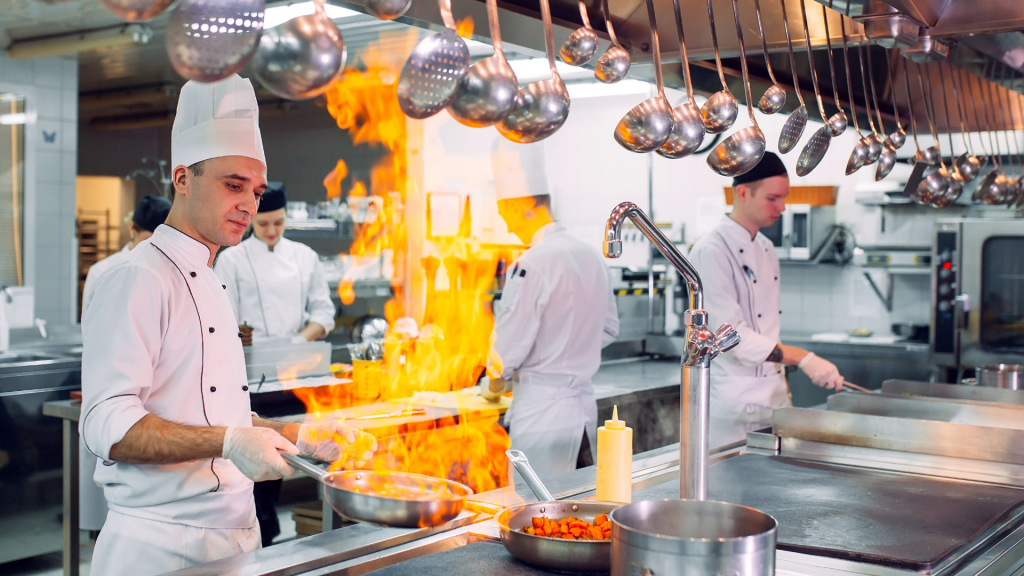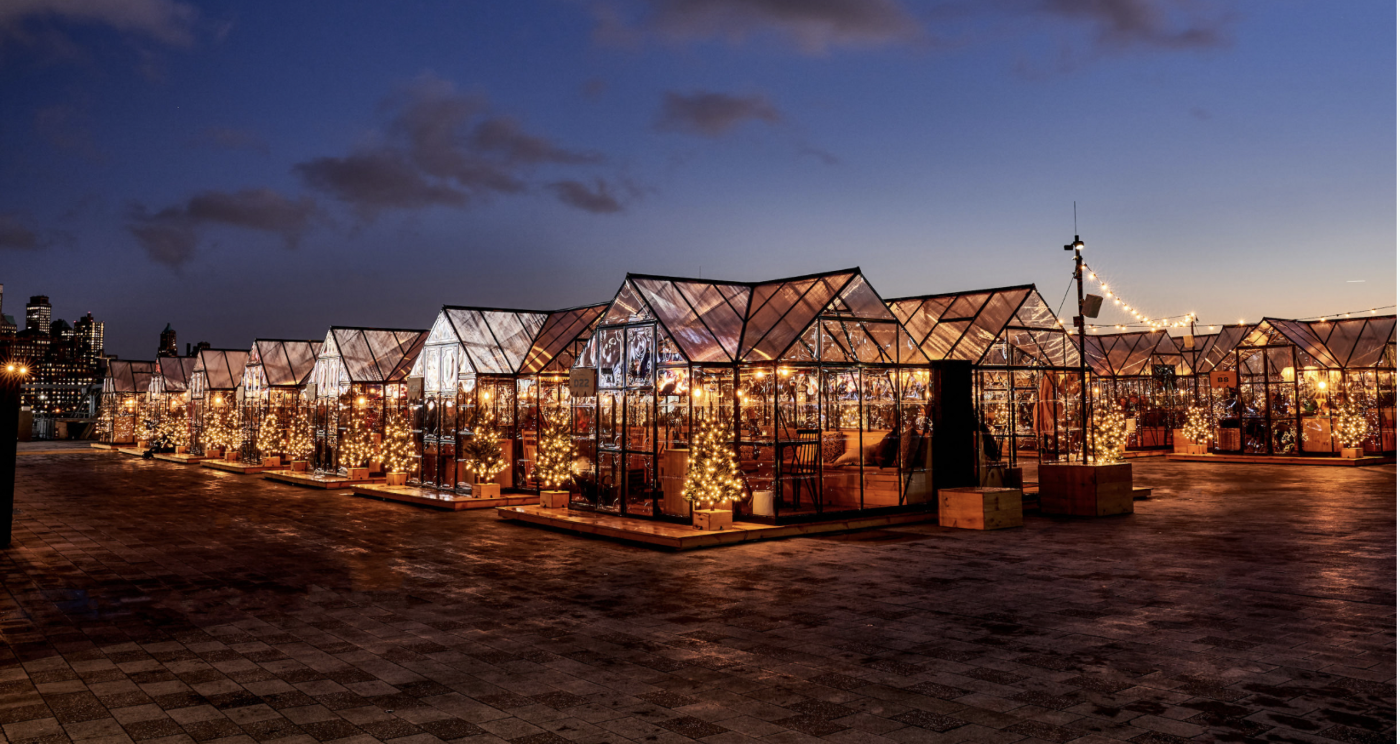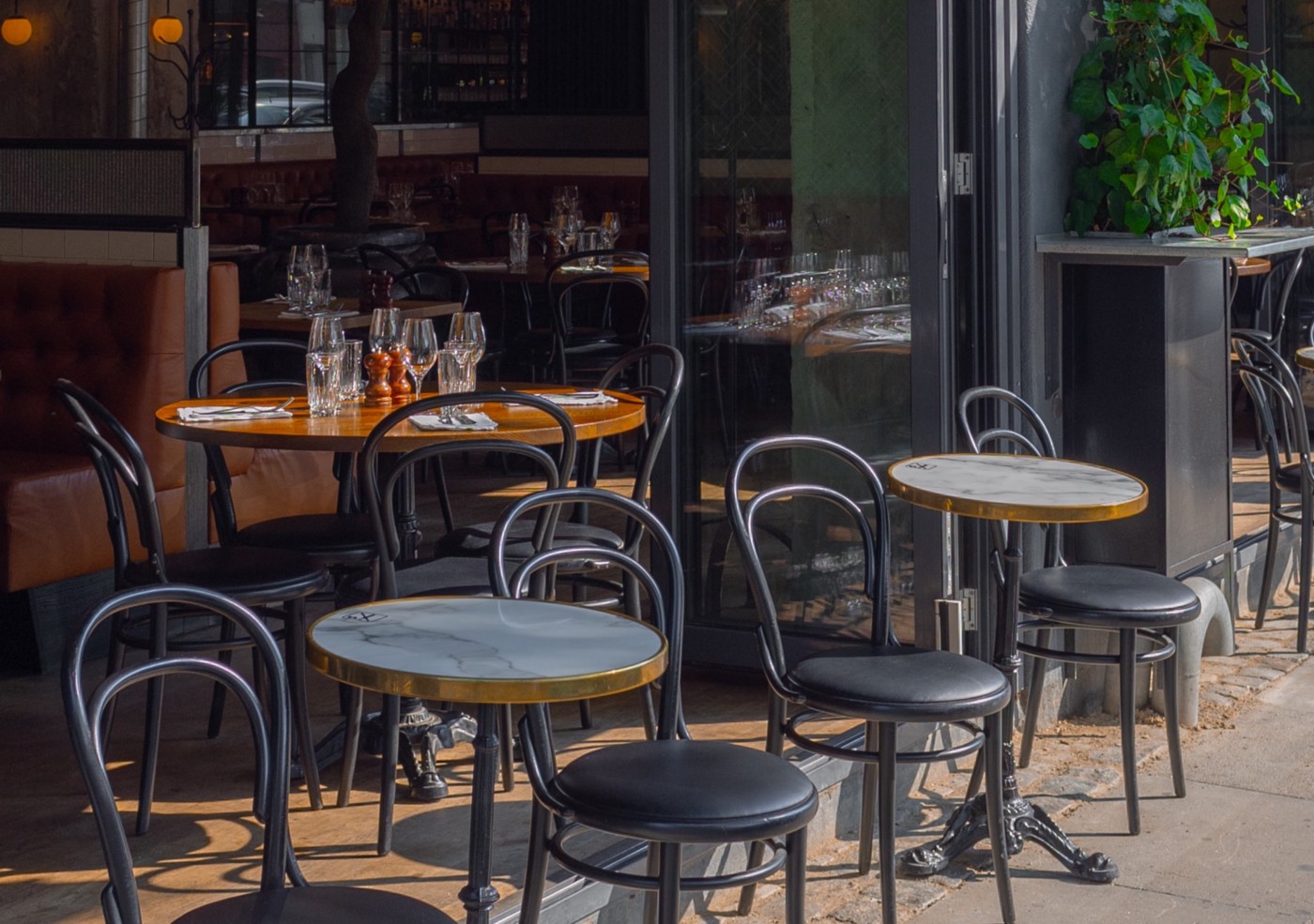Airbnb VS the hotel industry
Today we can see how platforms such as Airbnb have taken center stage worldwide when it comes to vacations, leaving behind conventional tourism such as hotel stays, is it a matter of price or service or technology? As a starting point, Airbnb is a company that through a digital platform offers a new method of both private and tourist accommodation. Although this company emerged in 2007, it took 11 years before it became more relevant. Today, Airbnb is present around the world in more than 220 countries and more than four million international hosts. Today, tourist and professional trips are completely different from previous years, since there is no longer the need to stay in a hotel necessarily, thanks to platforms like Airbnb we can plan a trip to any destination from start to finish adjusting to our needs and of course to our budget. But what is the difference about Airbnb compared to the hotel industry? Without a doubt, the hotel industry is one of the most important sectors in terms of hospitality. Also, within the hospitality industry there are different types of accommodations such as hotels, motels, resorts, vacation homes among others, each serving a different need. Between Airbnb and the hotel
Airbnb vs la industria hotelera
Today we can see how platforms such as Airbnb have taken center stage worldwide when it comes to vacations, leaving behind conventional tourism such as hotel stays, is it a matter of price or service or technology? As a starting point, Airbnb is a company that through a digital platform offers a new method of both private and tourist accommodation. Although this company emerged in 2007, it took 11 years before it became more relevant. Today, Airbnb is present around the world in more than 220 countries and more than four million international hosts. Today, tourist and professional trips are completely different from previous years, since there is no longer the need to stay in a hotel necessarily, thanks to platforms like Airbnb we can plan a trip to any destination from start to finish adjusting to our needs and of course to our budget. But what is the difference about Airbnb compared to the hotel industry? Without a doubt, the hotel industry is one of the most important sectors in terms of hospitality. Also, within the hospitality industry there are different types of accommodations such as hotels, motels, resorts, vacation homes among others, each serving a different need. Between Airbnb and the hotel
Tourism in 2022
Just when we all thought that the pandemic was nearing its end, we are suffering a rebound of infections with the Omicron variant. This means that the commercial reactivation of different sectors will continue to be unusual. Tourism is one of the most affected sectors and the evidence of it was in 2020 when international tourism was almost completely paralyzed, and the only alternatives were national and local tourism. While it’s true that 2021 experienced some improvements, it was subtle, as there are still restrictions and many countries keep their borders totally or partially closed. It is difficult for me to estimate where we are going in this new year since it is not known how the pandemic will evolve. However, it is possible to talk about the new tourism trends that I see emerging. - International travel with restrictions still maintained by both destinations and airlines in order to provide 100% consumer safety. - Reinforcement of COVID-19 testing; two years after the pandemic, COVID testing will remain in place as a preventative measure. - Conscious travel will be recommended. Travel to more distant destinations, but with extended stays, as consumers seek to enjoy as much as possible of each place they visit. - Green
3 trends in gastronomy that we will see in 2022
Over time we have been part of the great advances in technology. It has also happened with the gastronomic sector, and in what way! The importance that this universe of gastronomy has gained has definitely been on a large scale. In this digital age, we are living in times in which taking care of health has once again become a priority for society. The number of people who have opted for healthier nutrition is no longer surprising, and the truth is, I believe that this has been one of the best initiatives that this generation has given us. Among the gastronomic trends for the year 2022 we can highlight the following: Food to prepare at home. The confinement that the pandemic produced, added to the excessive hygiene care that we began to adopt to take care of our health, brought the restaurants home, and with this I mean it literally. The audience that arose in recipe blogs led the gastronomic sector to induce more food preparation at home, which is why the culinary world was not limited to just providing totally ready products, but to vary the dynamics and design your own products to prepare and enjoy at home. Delivery boom. Undoubtedly,
Contact less in hospitality, an opportunity for tech companies
The return to normal of the pre-pandemic is gaining ground and it seems that "the pandemic has changed us" is losing ground. Really? Maybe not. At least in the hospitality industry, where "contact less" seems to have an increasingly present future. A couple days ago I was reading an article in Travesías magazine about this. They referred to a survey conducted by Skift and Oracle Hospitality in which they interviewed "more than 1,800 hospitality industry leaders and over 4,000 consumers around the world to understand their preferences regarding best practices that could help the industry recover". In reference to having less and less personal contact in their activities during their stay in an establishment, the data that stood out the most was that the sum of the values of the various answers given by those consulted, 151%, related the future of the industry to the use of technologies that would allow greater independence in the management of experiences and use of spaces. In other words, doing more on their own without having to interact with an employee of the establishment. And the hotel executives surveyed seem to be clear about this, as 73% of respondents agreed or strongly agreed with the statement that
Gastronomy Dominican talent at the Basque Culinary Center.
A few days ago I was talking with colleagues about the development of the culinary industry, we mentioned some outstanding chefs of now days. Today I realized that most of them had an interesting factor in common, they graduated from the Basque Culinary Center, also called by people as the international “Harvard” of culinary. This academy started on 2011 at San Sesbatián, with an investment of 17 millions euros, also supported by worldwide superstars of gastronomy like Ferran Adriá, multiple times avowed as the best chef of the world. The project has developed high level knowledge and the international scope positions the Basque Culinary Center as top school of gastronomy. Knowing this, is the foundation of my attention to the history and professional career of those chefs who graduated from the Basque Culinary Centre, as Iñigo Gordóbil, who was part of the first group of graduates at the center. Gordóbil, participates in the preparation of the great encyclopedias of the history of gastronomy, the Bullipedia (El País, 2015), launched by Ferran Adriá, who seeks to organize the origin of foods and categorize the annual contributions made around the world. Another interesting success is Carlos Rojas, also from the first promotion of the BCC.
The new age of sustainable hospitality.
Recently I read about the lessons learned from experiencing a pandemic. The devastating COVID-19 pointed out the impacts that tourism causes to the environment. After a drastic off-season of travels the planet was breathing. For a statistics view, we only have to take a look at the data from the World Tourism Organization, estimating that 5% of global carbon dioxide comes from hospitality. Knowing this, sustainability and respecting the environment is not only a trend, it is essential in all that has to be considered when developing business in tourism. That is why inversionist and leaders of the industry should go the extra mile to design new hospitality models tied to sustainability, not leaving behind comfort and luxury. I’ve been reading about the ones making it happen and the Svart stands out. Projected as the most sustainable hotel in the world. Will open doors in Norway in 2023. Svart is a 500 millions euro investment with a 7% estimated annual return to the inversionist that join the innovative concept. If you are asking yourself how sustainable will it really be, let me tell you that 85% of annual energy consumption will be saved and also will collect enough solar energy to cover
The hall of fame & the hospitality industry
Major celebrities are being drawn to investment in the luxury hotel industry. They are known to have a fabulous lifestyle, mansions, jewelry and more. All of this also brings an entrepreneur mindset to the table to shoot to winning investment fields. This is not recent news of course, we saw Robert De Niro turn co-owner of Nobu Hospitality and Nobu Restaurants, with well known chef Nobuyuki “Nobu” Matsuhisa and movie producer Meir Teper. Also We have Leonardo Dicaprio, leading the Blackadore Caye, his own place in the Blackadore Caye located in Belize, Central America. Even though celebrities investing in the accommodation industry is not top of mind in current topics. It hasn't stopped as a trend. Few months ago I read the Dominican Today blog, focused on important projects in Miches with billions of dollars in investments. Shakira, Jay Z and Vin Diesel are some of the names found in the investment to build new exotic places in the Dominican Republic. All these investment moves are not exclusive for the Hollywood or music industry figures. Sport players are not only standing out in a hall of fame. Tennis star Rafael Nadal made a 14 millions Euros investment in two hotels in Cozumel,
Big Ideas to survive challenging times
Restaurateurs around the world are doing extraordinarily creative things to survive during the pandemic.
Soon reservations may not be so easy to get
Tragically, some iconic restaurants have closed for good over the past year. But with $29 billion in funding from the American Rescue Plan and more than a hundred million jabs in arms so far, better days may be right around the corner. And some of our favorite dining spots may be well positioned for a roaring come back.









